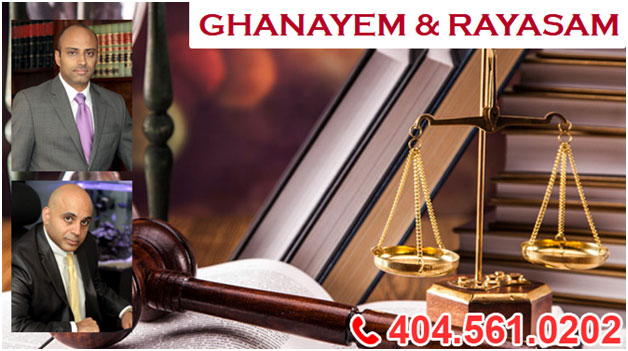Panicked reactions to a traffic stop, such as attempting to flee or lying to police officers about your name can get you criminal charges for obstruction of a law enforcement officer, whereas obstruction of justice covers an even wider range of illegal acts.
When you read about someone getting charged with drug trafficking, white collar crime, or some other major offense, you might see that the defendant’s long list of criminal charges includes obstruction of justice or obstruction of a law enforcement officer. While these two charges can overlap, they refer to two different sets of actions. If you get charged with obstruction of justice or obstruction of a police officer, with or without other criminal charges, contact an Atlanta obstruction of justice defense lawyer.
What is Obstruction of a Police Officer?
Georgia Code section 16-10-24 defines the criminal offense of obstruction or hindering of law enforcement officers as any attempt to stop a police officer, conservation ranger, probation officer, parole officer, or prison guard from performing his or her job duties. For example, it can include fleeing on foot or giving false information at a traffic stop, as well as physically threatening or assaulting an officer. Obstruction of a police officer is a misdemeanor if there is no threat of physical violence, but if there is actual or threatened physical violence involved, then it is a felony.
What is Obstruction of Justice?
Obstruction of justice is when you intentionally interfere with any aspect of due process in a criminal case. It can include stealing evidence or otherwise tampering with it, making a false report of a crime, or threatening a witness to scare him or her out of providing information about the crime to the police.
Refusing to answer an officer’s questions is not obstruction of a police officer or obstruction of justice; it is legal to invoke your right to remain silent and not to answer an officer’s questions unless your attorney is present. It is also not a crime to make an incorrect statement to a law enforcement officer. For example, if an officer is asking you about an acquaintance of yours who is suspected of a crime, and you have not talked to this person about his job in several months, so you say that he still works at the job he had the last you knew of it, you did not do anything wrong because you did not intentionally lie.
Common Defenses to Obstruction Charges
If you plead not guilty to obstruction of a police officer, you might argue that you did not know that what you told the officer was untrue, that it was a mistake instead of a lie. You can also argue that the officer did not have probable cause to conduct the traffic stop. There are also other possible defenses, and which one you use depends on the details of your case.
Were You Obstructing Justice or Just Exercising Your Rights?
A criminal defense lawyer can help you fight your misdemeanor or felony charges for obstruction of a police officer. Contact Ghanayem and Rayasam in Atlanta, Georgia about your obstruction charges.

